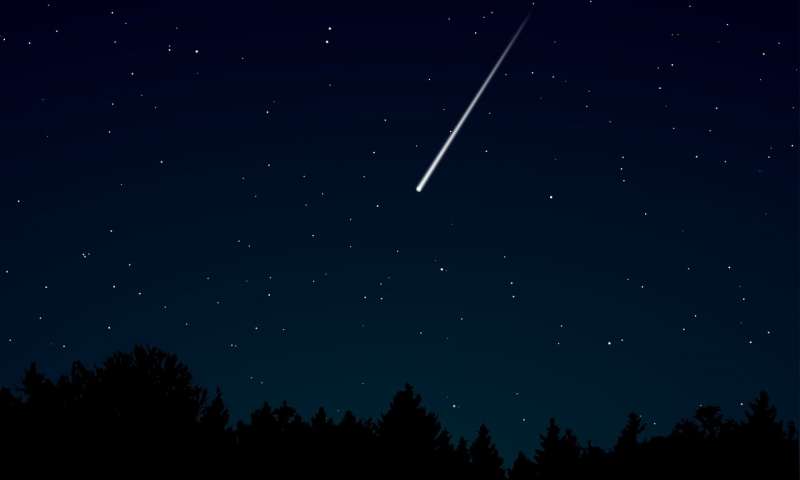Eternity in the Wilderness
It was August of 1993, well remembered as the year before my first child was born. After a conference in Toronto, I headed north west. Surprisingly quickly, I left the city and suburbs of modern Canada. Fields became larger, then no more—I was beyond rural, I was in the wilderness. The only sign of man’s dominion was the road itself, with a line of telephone poles my only company. I settled in to the hypnosis of the drive.
Then the telephone poles ended, leaving me with just land, sky, and Ontario Route 6 straight as an arrow in front of me, alone with my need for adventure.
After three hours I reached the start of the Bruce Peninsula, and signs for the few stores of the Saugeen First Nation. Not my stop.
I reached the tip of the peninsula, dividing the main part of Lake Huron from the shelter of Georgian Bay. In times gone by when storms would brew up on Huron, ships in dire straits would make for quiet water. But ships and men have only a certain strength against nature, and wrecks are scattered on the lake’s bottom. In modern times the Canadians established Fathom Five National Marine Park. Glass bottomed boats shuttle tourists from the tiny village of Tobermory to see the wrecks, exquisitely preserved in the fresh water of the lake.
I was there to dive the Arabia, a three masted wooden barque that sunk in October 1884 in heavy seas. Abandoned by its crew, it stands proud on the bottom, masts lying beside it but bowsprit still standing proud. At 120 feet it is for experienced divers only, which I counted myself. It is the crown jewel of the park. Despite the depth robbing my air, with my double tanks I explored the wreck to my heart’s content. When it was time for me to return to the world of the surface, I paused for twenty minutes of blissful rest beneath the boat, contemplating the beauty I had seen as the nitrogen left my blood stream.
Later that day, I signed on for a night dive in shallow water with the same tiny boat. As before Steve was the captain, and he brought his girlfriend. Three deaf divers rounded out the company, and we set off in twilight trusting to Steve to find us some good diving.
This was an easy shallow wreck, spread out on the bottom to explore. The three deaf divers were too loud for me talking underwater, so I went on my own way around the wreck. The bow and stern were clearly demarked, with the ribs of the hull still prominent, I was at the autopsy of an accident.
The time came when I was ready to end my dive. I watched the other divers’ lights as I ascended to the surface to where my sense of place put Steve, Steve’s boat, and my tenuous link back to the mundane world.
Steve and his girlfriend had doused all but one light as a beacon for us. I decided that they could enjoy the mysteries of the night together some more, and lay on my back in the water cocooned in my thick wet suit and familiar equipment. I was suspended weightless between lake and sky. Steve had taken us around the peninsula from the lights of Tobermory, and on this moonless night in the Canadian wilderness the skies opened up in their full glory and majesty. The lake was dark, the sky was filled with jewels, the land only a silhouette against the stars, Then the falling stars of the end of the Perseid meteor shower started.
I saw eternity.

Eventually the other divers returned and my longest moment was over, but stays with me forever.